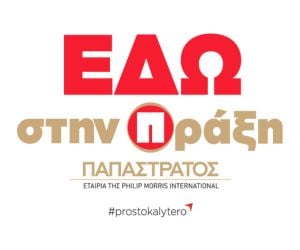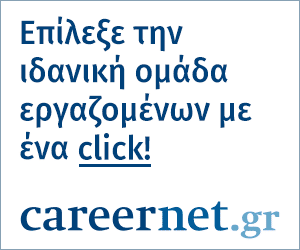Golden Visa programs have long been an attractive option for investors seeking residency in desirable countries through financial investments. These programs, which allow individuals to gain residency and often citizenship in exchange for investment in real estate, businesses, or government bonds, have seen significant evolution in recent years.
This article refers to the current trends in Golden Visa programs, focusing on recent changes in Greece’s Golden Visa program and predicting future directions for these schemes globally.
The Appeal of Golden Visa Programs
Golden Visa programs have gained popularity due to their numerous benefits. These programs typically offer:
- residency in attractive countries,
- access to high-quality healthcare and education,
- freedom to travel within Schengen Area countries, and
- potential tax advantages.
On the other hand host countries also benefit from these programs, as they attract foreign investors, they boost real estate markets, and stimulate economic growth.
Recent changes in Greece’s Golden Visa program
Greece’s Golden Visa program has been one of the most popular in Europe, attracting investors with its relatively low investment threshold and the appeal of Greek residency. However, the program has undergone notable changes recently to ensure it continues to meet the needs of both investors and the country.
Increased investment threshold: One of the significant changes in the Golden Visa Greece program has been the increase in the minimum investment requirement. Previously set at €250,000, the threshold has been raised to €500,000 for property investments in certain prime areas. This change aims to moderate the surge in property prices and ensure sustainable investment in the real estate market.
Geographical restrictions: The program now includes geographical restrictions, where the increased investment threshold applies primarily to popular urban centers such as Athens and Thessaloniki.
In contrast, investments in less popular areas continue to qualify at the original €250,000 level. This strategy aims to balance investment across the country, promoting development in less sought-after regions.
Additional investment options: Greece has also expanded the range of eligible investments. Beyond real estate, the program now allows investments in government bonds, shares in Greek companies, and contributions to specific investment funds. This diversification aims to attract a broader range of investors and stimulate various sectors of the Greek economy.
Digital nomad Visa: Alongside the Golden Visa, Greece has introduced a Digital Nomad Visa to attract remote workers. This visa allows non-EU citizens who work remotely to live in Greece, providing a new stream of economic contribution through local spending without competing for traditional employment opportunities.
Predictions for the Future of Golden Visa Programs
If you are already tempted and started looking for how to get Golden Visa perhaps first take a look at some key trends shaping the future of these programs. This way you can make a well informed decision.
Greater focus on regional development: Programs will likely emphasize investments that promote balanced regional development. By incentivizing investments in less developed areas, countries can ensure more equitable economic growth and avoid overheating property markets in major cities.
Integration with digital nomad Visas: As remote work becomes more common, Golden Visa programs may increasingly integrate with digital nomad visas. This integration allows countries to attract both high-net-worth individuals and professionals contributing to the local economy through daily expenditures.
Enhanced benefits and flexibility: Future Golden Visa programs may offer enhanced benefits, such as faster paths to citizenship, tax incentives, and greater flexibility in investment types. This evolution will help countries remain attractive to a diverse range of global investors.
Stronger international cooperation: Countries may collaborate more closely to standardize Golden Visa programs and share best practices. International cooperation can help mitigate risks, enhance program integrity, and ensure that these programs continue to provide mutual benefits to investors and host countries.
Expanding Eligibility Criteria: To attract a broader pool of investors, some countries are expanding eligibility criteria to include new types of investments. Beyond real estate and traditional business investments, sectors such as technology, renewable energy, and startups are becoming eligible for Golden Visa programs.
Ultimately Golden Visa programs are undergoing significant changes to adapt to global trends and challenges. To stay up to date about Golden Visa Greece requirements and Golden Visa Programs evolution, one should visit the host country’s official website on a regular basis. Additionally, cooperating with a reliable law firm that can run the procedure on your behalf is highly recommended.
As for the future of residency by investment programs, developments will likely focus on regional development, integration with digital nomad visas, enhanced benefits, and stronger international cooperation, ensuring that Golden Visa programs continue to thrive in a rapidly changing world.
Image by Freepik




